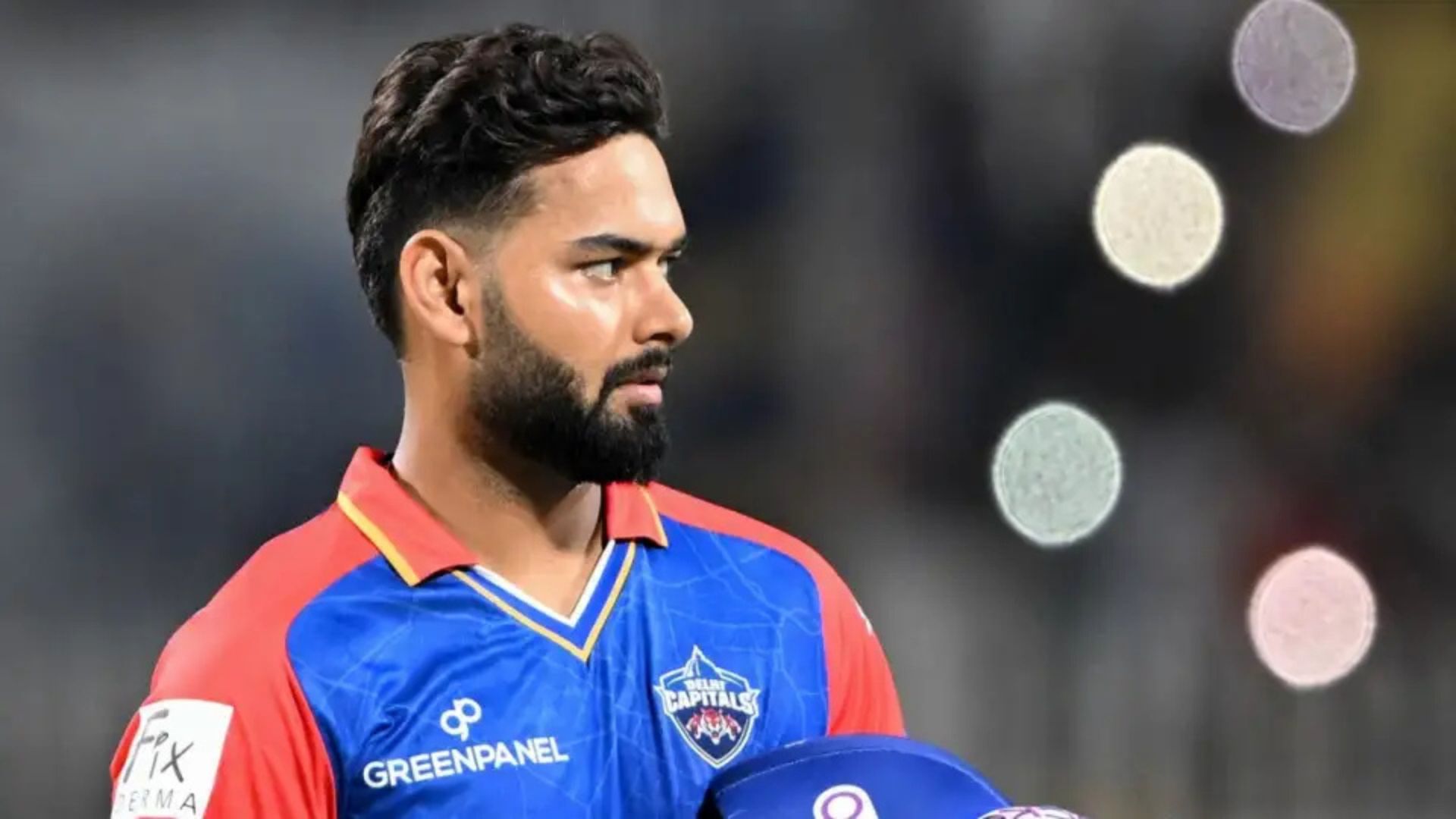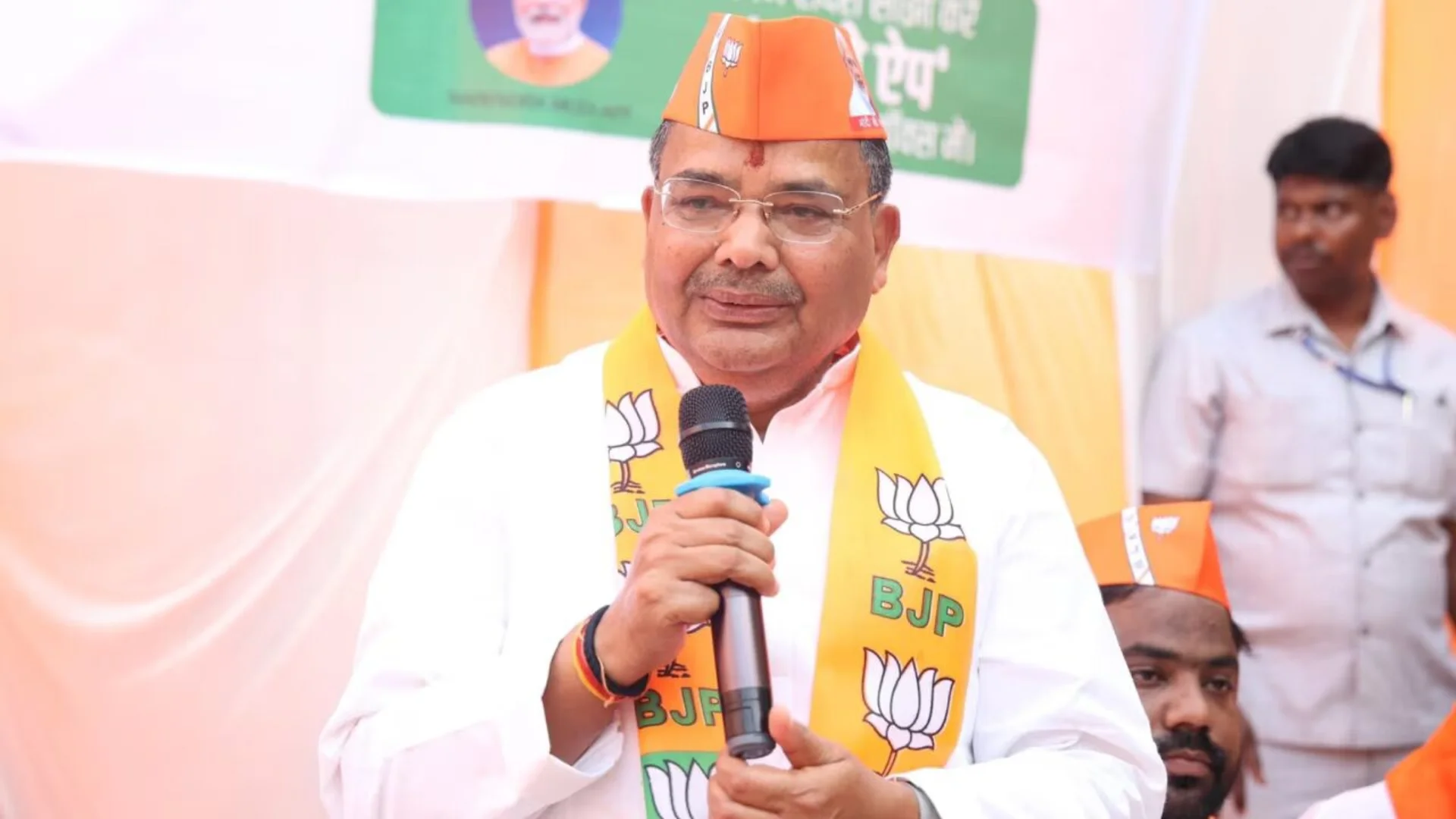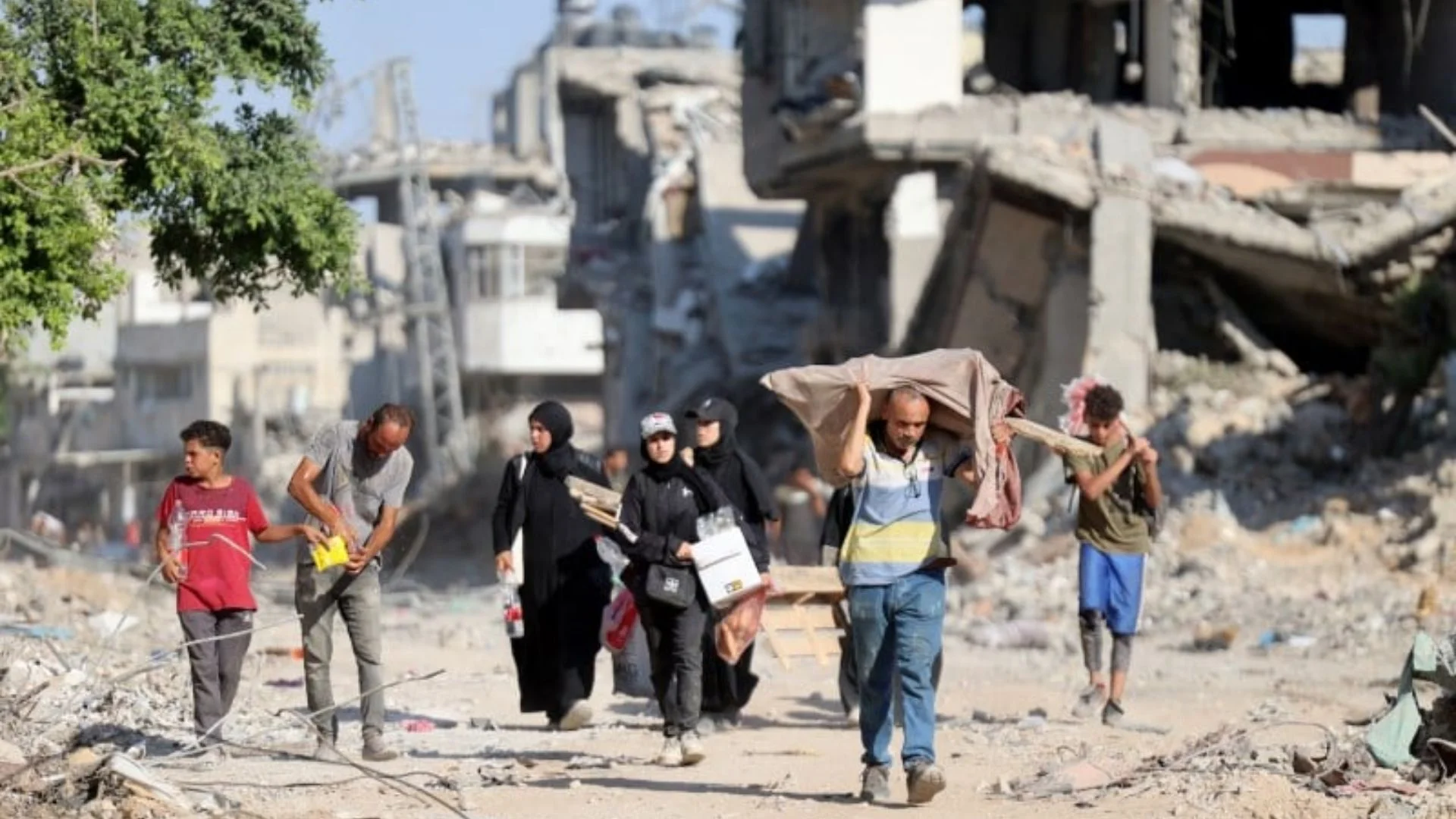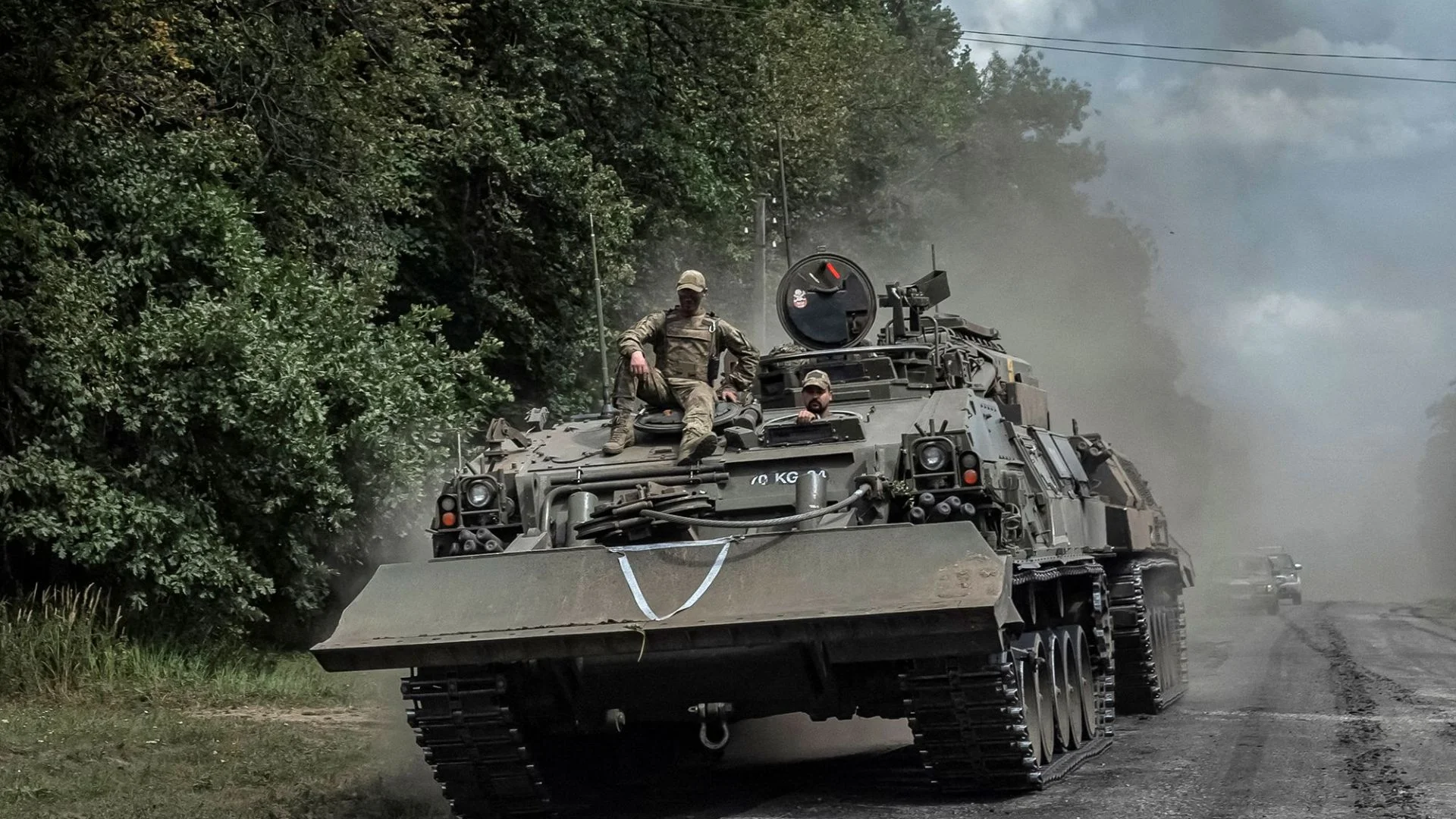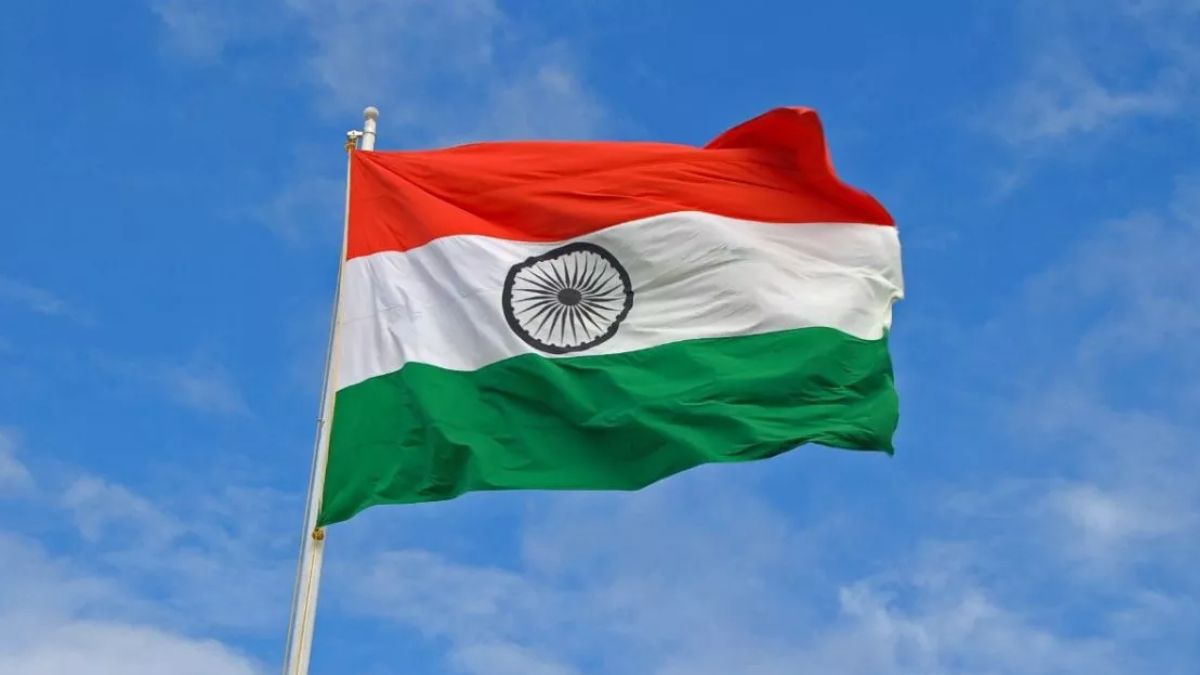
President of Bharat” Droupadi Murmu’s dinner invitation to the heads of state and other delegates attending the G 20 Summit in New Delhi created a storm in political circles for reasons difficult to fathom. Having worn my nation’s sacred olive green uniform for 41 years and participated in many operations across the length and breadth of this great country, the uncalled for pitting of Bharat and India pained me to no end as it would have millions of our countrymen both at home and abroad. That we Indians many times exhibit a propensity of creating unnecessary or irrelevant problems out of nowhere is an old habit. On most occasions, a majority of these controversial actions are the handiwork of politicians.
To all our countrymen, the names — India, Bharat and even Hindustan— carry the same sanctity, appeal, fervour, romance and invoke a feeling to work for and, even if required, willingly die for one’s country. For all Indians , these hallowed names bring to memory ancient and historical linkages. Each has its indelible history which has evolved and is widely respected down the ages. It is prudent to recall some some salient aspects regarding their background for us to realize their significance to the evolution of Bharat that is India.
The term ‘Bharat’ finds reverberation in the ancient epic Mahabharata, Upanishads and the Rig Veda as one of the principal kingdoms of Aryavarta which was inhabited by the Vedic tribe of Bharatas. It is named after Bharat, the son of King Dushayanta, while some believe that it is named after King Dashartha’s son Bharat as mentioned in Ram Charit Manas.
The word ‘India’ derives its name from the Greeks as ‘Indica’ when Greek emperor Darius conquered Sindh in 516 BCE and refers to the land East of the Sindhu (Indus River). The Greeks and Iranians called it ‘Hindos’ or ‘Indos’. The word ‘Hindustan’ is of much later origin meaning the land of the Hindus and it came up during the Mughal rule and became rather popular in usage in the last four centuries or so. The name India, of course, finds great resonance all over the world and represents unequivocally the name and idea of this nation which is now at the cusp of becoming a global power. In English and other foreign languages, our nation is called as India across the world and in Hindi and other Indian regional languages it is referred to as Bharat. Some Arab nations also call us as citizens of Al Hind. Why should now the nomenclature of our land be part of any disagreement is unfathomable. An institution can have many names, all sacred. In the Hindu pantheon, don’t we have our gods with more than one name?
The melodious flute playing Gopala whose birth we observed as ‘Krishna Janmashtami’, is respectfully and joyously called by countless names. So why the efforts to find fault with any name associated with our beloved nation?
It is equally important to note that immediately after India’s independence on 15 Aug 1947, when the drafting of the Indian Constitution was on in full swing, the eminent and wise members of the drafting committee did consider many names for the young nation. According to some media reports, many members were keen on the nomenclature of ‘Bharat’ as the name. However, when it was debated in the Constituent Assembly, the latter, in its infinite wisdom adopted for the country a dual bilingual identity. Thus Article 1 of the Constitution enshrines the golden inspiring words “India, that is Bharat”. I do not think it anyways diminishes the sanctity of the term Bharat which is ingrained in all of us who inhabit this vast sub-continent since times immemorial. To put the record straight, many states of South India prefer the name India far more and it will be politically prudent to respect their views too.
Coming back to the hallowed profession I have served—– at each Sainik Sammelan or any formal function, all Army units after raising their unit slogan end the event with a full throated ‘BHARAT MATA KI JAI.’ In India our diversity propels us to take all sections of our society with each other. That is the strength and beauty of this ancient land. For all of us, in uniform and out of it, Mother India and Bharat Mata are the same noble creation.
If some feel rather strongly about the so- called colonial heritage existing let the use of the name Bharat be gradually increased but without touching or tampering with the existing nomenclature. For me, India is my religion, my reason-to-be and as the strains of the national anthem ‘Bharat bhagya vidhata’ bring a lump in my throat, the vigour of ‘Chak De India’ rejuvenates me in my old age. Our belief remains indelibly enshrined that ‘Sare Jahan Se Achha Hindustan Hamara’ is an eternal truism.
Lt Gen Kamal Davar is a former Army officer


